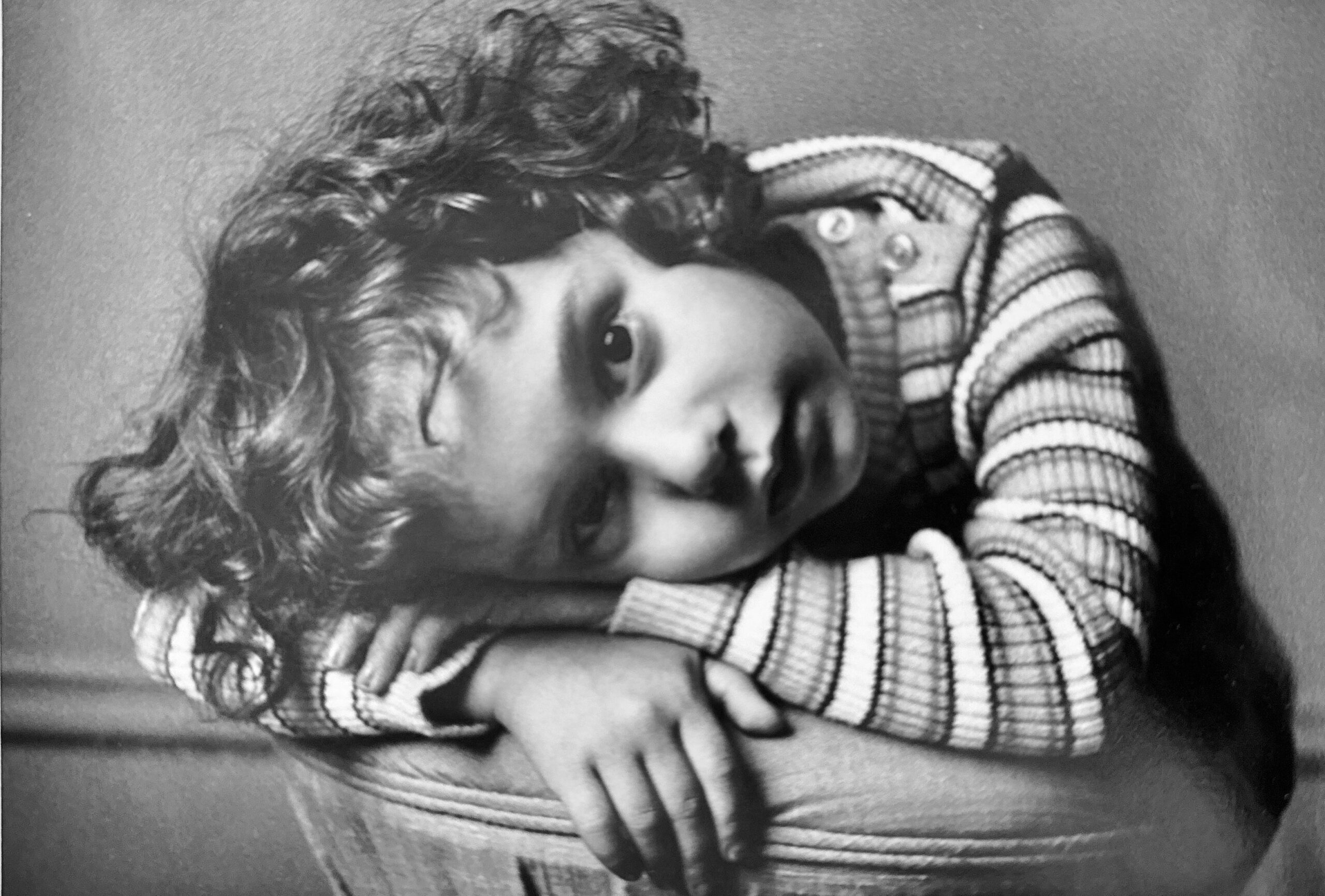Got a kid who’s stuck in a pattern of negative thinking? (This can also manifest as kids who are “perfectionists” or kids who think they’re not “good enough” at things.) Helping kids with negative thinking is a gift you give your child, that will allow them to see the positive side again!

The following is an edited transcript of this podcast episode.
Parents often ask “What can I do when my kiddo gets stuck in a negative thought loop?”
One of the most effective ways of helping kids with negative thinking is to externalize the thought loop. That way, you can actually make it so that they see their feelings not as a fixed PART OF themselves, but rather as a temporary feeling APART FROM themselves, almost sticking on to them as it passes through.
Using Humor to Help Kids with Negative Thinking: A Playful Approach
Let’s say it’s a little kid and the negative feeling they’re having is perfectionism. And they’re stuck in this perfectionistic loop about a drawing they made that they’re SURE is totally imperfect because they’ve colored outside the lines. You can use play and humor to diffuse the tension and help them realize that the very high standards they’ve been holding themselves to perhaps don’t make so much sense after all…
For example, you can invent a funny character called Mr. Perfection who is soooo NOT perfect! Then you can play around with this idea to bring some lightness around what your child considers to be mistakes. Here’s the example dialogue I used on the podcast, though you should totally feel free to make up something that works for you and your kid:
“Oh, no! Hello, Mr. Perfection. Are you telling my sweet daughter that just because she colored outside the lines, it’s not an okay drawing? Mr. Perfection, come over here! I’m going to draw your perfect face—Here are your eyes. Here’s your nose. Here’s your mouth. And what? Your mouth looks like a strawberry, Mr. Perfection! Your mouth looks like a strawberry! Who knew? Well, is that perfect? It is kind of perfect! It’s a perfect strawberry, but it’s not a perfect mouth. What?!
“Oh, goodness, Mr. Perfection, you’re pretty silly! Have you been joking with us this whole time? Oh no, we thought you were being serious when you were like “Things have to be perfect!” But you just wanted us to draw you and find out that you had a strawberry for a mouth and you’ve been joking this whole time??! Well goodness, Mr. Perfection, thank you so much for telling us your jokes! Can you do us a favor and when we draw something and it’s not perfect, will you just remind us how delicious strawberries are? Thank you!“
Now that’s just a weird little example of playing, but kids love that silly kind of playfulness. You don’t have to think too hard. It doesn’t have to be perfect (obviously)! You don’t have to do anything brilliant. You can absolutely do something as silly and kooky and weird as that because, guess what? When you’re trying to make sure your parenting is perfect, what you’re signaling is “Perfection matters!” which is the OPPOSITE of what we want!
The Power of Play in Helping Kids with Negative Thinking
So next time your kids are stuck in some sort of thought loop, whether that be perfection or anything else, and it feels really heavy, try externalizing it. Give it a name. Give it a character. Communicate with it. Help them realize it’s NOT the entirety of them. It’s an outside idea that’s just taking over and masquerading as part of who they are, and they can say goodbye. (Or we can look at all this from an Internal Family Systems lens, and say this IS a part of them, and we can still work with that part to change how it feels, and expresses itself!)
Addressing Negative Thought Loops in Older Kids
Now let’s say you’ve got an older kid, and instead, the negative thought loop is one of “Nobody likes me, I’m not good enough!” You can still do the same thing, but of course, you’re not going to be as silly about it.
You really don’t want that child to feel like you’re patronizing them, or condescending to them, or not taking it seriously. Say, “Hey, what part of you feels that way? Yeah? Did somebody say something like that to you? Hmm, what’s the part of you that says that to you? Yeah? Are there other parts of you that feel differently?”
Now, of course, if you’re really worried about your kid’s mental health, it’s always a good idea to escalate the situation. Talk to a counselor at school, look at therapy, or explore other alternatives.
That said, not all kids are going to respond that well to therapy. Sometimes helping them find a passion, getting them on a sports team or helping them find a place they CAN feel good about themselves is better than talking about how they DON’T feel good. So there are many different pathways to go and I hope this gives you a window into just a few of them.
If you’d like help finding the right pathway that’s going to help your exact kid, you’re in the right place. We specialize in helping parents find strategies that are tailored to their kid’s brain and temperament so you can be sure of finding solutions that actually WORK in your home. Check out our Quick Start guide and begin today!



leave a comment
+ show Comments
4/08/25
posted on:
Parenting Tips
filed in: